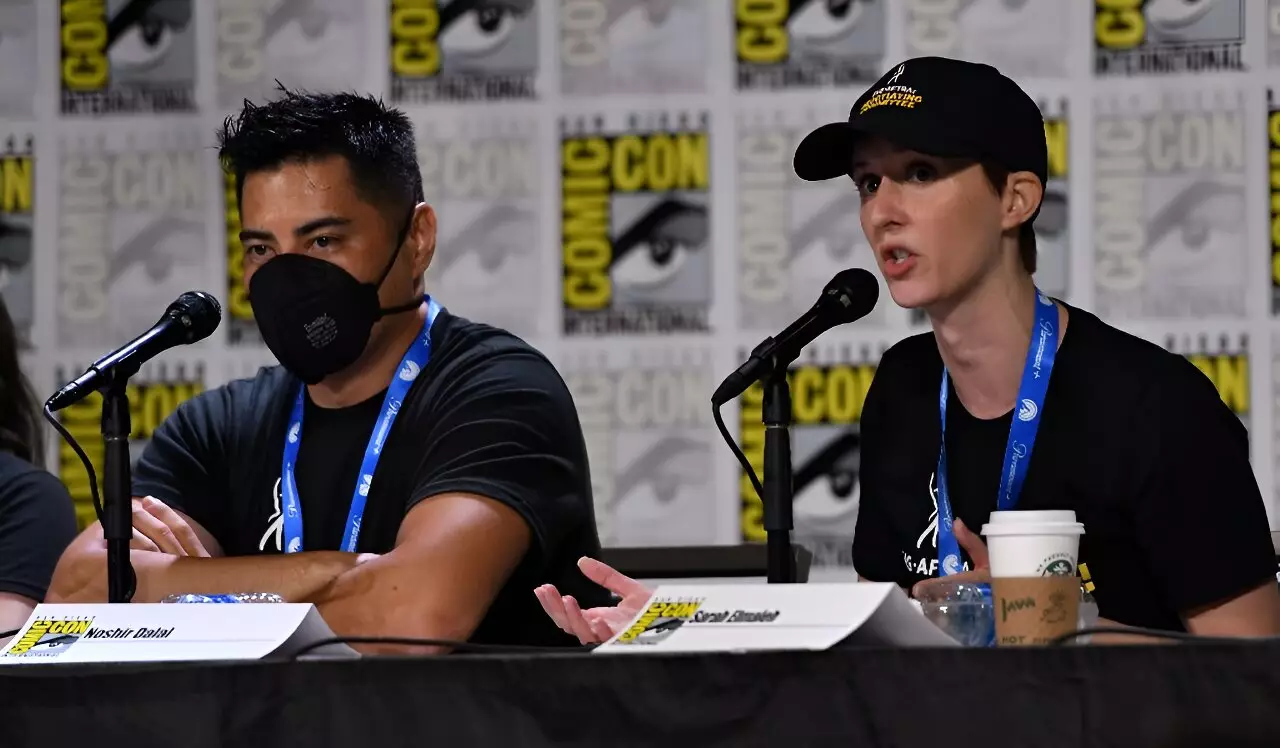The use of artificial intelligence (AI) has not only revolutionized the film industry but has also sparked a second walkout in the entertainment sector, particularly in the realm of video games. The Screen Actors Guild (SAG-AFTRA) recently initiated its second strike in less than a year, specifically targeting gaming giants that dominate an industry with annual revenues exceeding $100 billion. While the core demands of consent and compensation for actors remain consistent, the ongoing negotiations present unique challenges due to the intricate nature of technology companies and their perception of actors as mere data points.
Technology companies, as emphasized by lead negotiator Ray Rodriguez, often view actors as data rather than artists who contribute nuanced performances informed by psychology and circumstance. This mindset directly impacts how these companies perceive the value of performances and underscores their reluctance to address the concerns raised by actors. Despite the strike affecting around 2,600 artists who provide voice dubbing and motion-capture services for video games, negotiations have been hindered by sporadic talks and the companies’ obsession with secrecy.
One of the major challenges faced by actors in the video game industry is the fusion of multiple performers to create game characters. While collaboration is encouraged and beneficial, companies have attempted to exploit this practice by creating loopholes in their offers, using generative AI to generate “new” voices and movements. This not only complicates the tracing of work for actors but also makes it difficult for them to assert consent and receive fair compensation.
In contrast to the Hollywood strikes, the video game walkout may require a different approach to garner attention and support. Chair of the union’s negotiating committee, Sarah Elmaleh, highlighted the need for a more diverse strategy that incorporates online platforms and in-person engagement. With the rise of streamers and digital content creators, the focus of the strike could shift towards these avenues to amplify the message and generate public awareness about the issues at hand.
Voice actors like Lindsay Rousseau, who specialize in ancillary characters and creature voices, face the imminent threat of AI replacing their roles in the industry. Without proper safeguards in place, emerging actors may struggle to sustain their livelihood as AI increasingly encroaches on traditional voice acting jobs. The disparity between established industry veterans and newcomers underscores the need for comprehensive protections and fair compensation for all actors involved.
As the video game industry grapples with the implications of AI on actor rights and compensation, the ongoing strike serves as a crucial turning point in addressing these systemic issues. By demanding transparency, consent, and fair payment for their work, actors are taking a stand against the exploitation of AI technology in creating game characters. The outcome of these negotiations will not only shape the future of voice acting in video games but also set a precedent for the intersection of artistry and technology in the entertainment industry.


Leave a Reply
You must be logged in to post a comment.